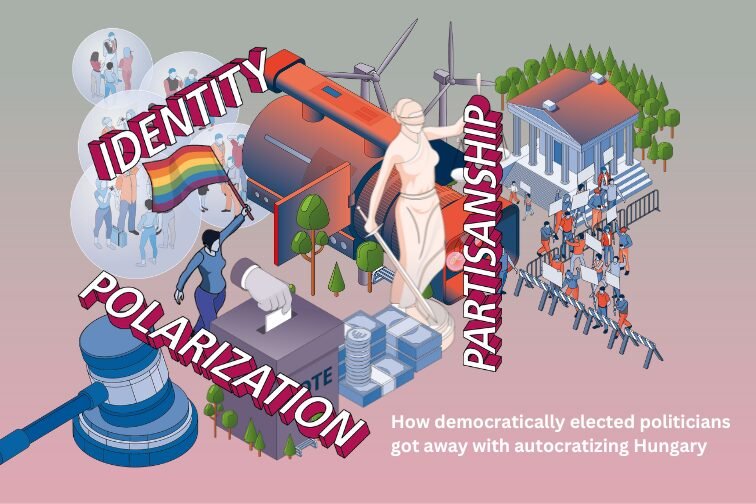Loyalty Over Allegations
A Poll That Stopped the Scroll
Every so often a statistic pops up that makes you stop mid-scroll and reread it twice. I ran across this stat today and decided that I should investigate further. Holy shit. It’s a real poll. Of course this is a small sample but God Almighty how anyone could not immediately depart from a cult protecting an alleged serial child molester is terrifying and sobering. This is the moment and people we face; people who cannot see others’ humanity…how do you negotiate with that. I know I should not be but this surprised me.
That happened in late July 2025, when a poll by Leger partnering with 338Canada and Maintenant Media—reported that nearly half of Republican voters said they would still support Captain Cankles even if he were officially implicated in Jeffrey Epstein’s child sex-trafficking crimes. The number was 47%. Not approval. Not indifference. Loyalty.
Not an Endorsement, but a Signal
It is important to parse this carefully. The poll did not ask whether Republicans condoned sex crimes. It measured whether such allegations would alter their voting behavior. For many, the answer was no. Some of this reflects disbelief: Republicans are far more likely to dismiss allegations against Canks as politically motivated. A separate YouGov survey that same summer found 68% of Republicans believed Trump had no involvement with Epstein at all. From that perspective, the question becomes hypothetical theater, and loyalty trumps (pun intended) the premise.
But the loyalty itself matters. When nearly half of a political base signals that even crimes against children – CHILDREN – would not move them, the issue is not about belief alone; it is about identity and something else I can’t wrap my mind around. Trump has become more than a political figure. For his most steadfast followers, he represents a tribe, a grievance, and a bulwark against enemies both real and imagined.
Age, Gender, and the Splits Within
The Leger data also tells us where cracks might exist. Younger Republicans, ages 18–34, were far less forgiving. Sixty-one percent in that group said they would be more likely to vote for another party if Canks were implicated. Seniors told a different story: 58% of Republicans over 55 said the allegations would not affect their vote.
Gender revealed another divide. Republican men were more willing than Republican women to ignore the hypothetical. Fifty-five percent of men said their support would remain unchanged, compared with only 38% of women. These splits hint at potential generational and gendered shifts that could reshape the Republican coalition in the long run.
The Broader Pattern of Immunity
The poll fits a pattern we have been watching for years. Canks himself once joked he could “stand in the middle of Fifth Avenue and shoot somebody” without losing support. Hyperbolic as it sounded in 2016, the record since then suggests he was not wrong. He has faced indictments, civil liability for sexual abuse, and numerous scandals. Yet his Republican approval rating has remained resilient.
A Reuters/Ipsos poll in 2023 showed 35% of Republicans would still vote for Canks even if convicted of a felony. Another 20% were unsure. This loyalty has endured through each courtroom headline and controversy. The Leger poll’s Epstein scenario is simply the most extreme test yet and the results line up with the established trend.
Why This Matters
Some readers might be tempted to shrug this off as “Canks being Canks” or “Republicans being Republicans.” That would miss the deeper point. Democracy depends on accountability. If leaders know that nearly half their base will excuse any behavior, no matter how grotesque, then the traditional guardrails, norms, shame, bipartisan censure, cease to function. The power balance shifts toward a politics where loyalty is prized above morality. And the danger of that is becoming ore clear with each passing day.
At the same time, the poll also reveals opportunities. Some younger Republicans are less willing to tolerate even the idea of such crimes. Women within the party show more skepticism than men. These fractures are not yet large enough to unseat Trump’s dominance, but they hint at places where the story could evolve.
Final Thoughts
The “47%” figure should not be read as proof that half of Republicans endorse child sex crimes. That is neither what the poll asked nor what the respondents said. Instead, it is a startling indicator of the depth of loyalty Canks commands and the extent to which partisan identity can override even the most shocking hypotheticals.
It is also a reminder of the challenge facing American democracy: how to foster a culture where truth, accountability, and basic moral boundaries matter more than tribal allegiance. Because if the guardrails of politics bend too far under the weight of loyalty, the road ahead looks less like democracy and more like cult politics.
Reflective Questions
- How should younger and more skeptical Republican voters respond if they want to reshape their party’s moral compass?
- What does this level of partisan loyalty suggest about the future of accountability in American politics?







